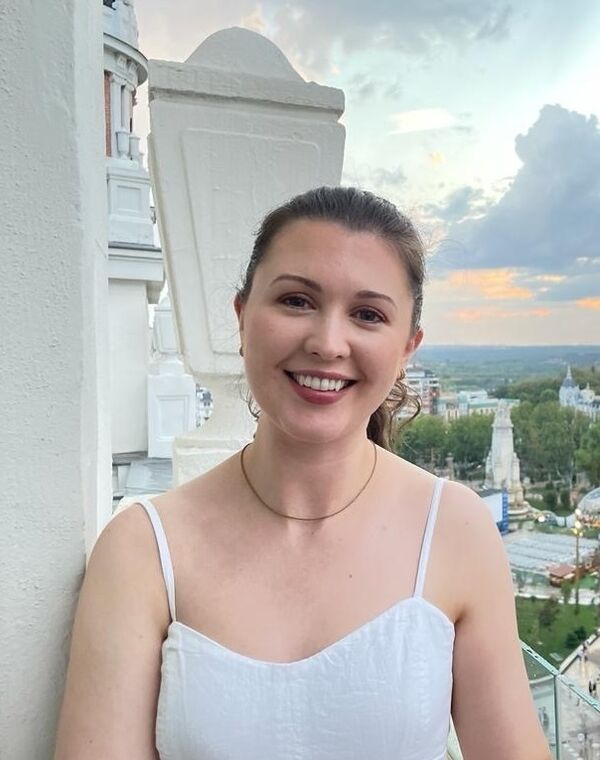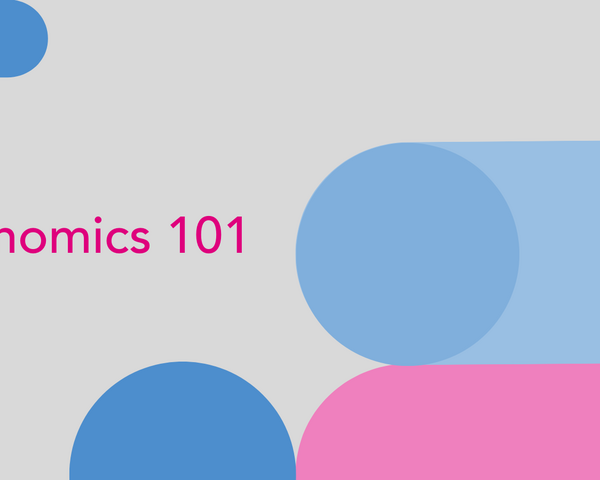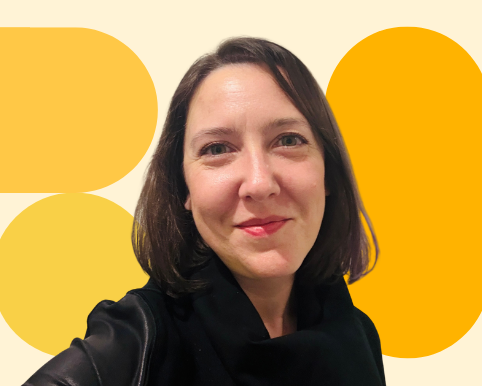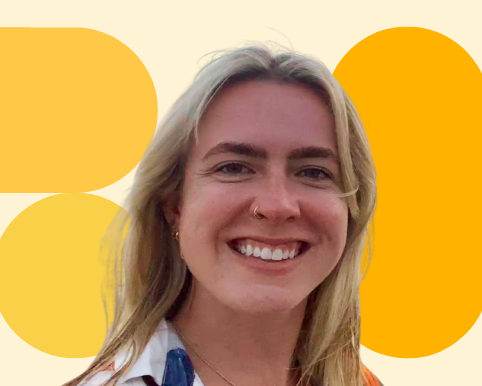What does a Clinical Bioinformatician do?
By Clare Kennedy onIn this series, we explore some important roles in the life sciences, and how their work impacts patients and families.
In this blog, Clinical Bioinformatician Clare Kennedy shares her experience in bioinformatics and the impact of her work on patient care.
The Clinical Bioinformatics team at Genomics England work to deliver healthcare products that help clinical scientists in the NHS return results to patients.
My role at Genomics England
I work as a Clinical Bioinformatician on the cancer DSS (decision support system), which is a platform that NHS clinical scientists use to analyse the results of whole genome sequencing tests for patients with cancer.
My days are quite varied, but my primary role is to refine new features for the cancer DSS by defining our test strategy with our quality assurance engineers, identifying edge cases and scenarios for testing, as well as finding the appropriate test data. This involves writing lots of database queries, which I found quite difficult at first, but I am now getting the hang of it and find it really enjoyable.
All changes to our product require a risk assessment and I am heavily involved in that process. I advise on what the clinical risks might be if something we change goes wrong, and how the user might be impacted.

I also pick up development tasks sometimes, such as changes to the APIs (application programming interface – a software that lets 2 different applications talk to each other) that underlie the cancer DSS, or code changes to how we annotate variants or visualise data on the front end. I also update our user documentation for each new release, so that users can use new functionality in the cancer DSS.
On the less technical side, I sometimes observe user research sessions where we capture user feedback, and pass this back to our designers who create prototypes to solve the user requirements. Each time new features are released, I support our product manager with demonstrating the changes, selecting a group of users who test these independently and feedback on whether all is as expected.
It really is a mix of things, and no 2 weeks are the same!
My journey to clinical bioinformatics
My undergraduate degree was in Biomedical Sciences at the University of Galway, where I specialised in pharmacology. During my studies I decided I wanted to pursue a career in academia, so I applied for PhD programmes in the UK.
It was during my PhD at the University of Bristol that I became interested in bioinformatics and genome sequencing, though after 4 years I was having doubts about staying in academia, and felt that bioinformatics might be a more reliable career path, while still allowing me to stay in an evolving field that I was interested in.
While looking for opportunities, I came across the Scientist Training Programme (STP) – a scheme run by the NHS to train clinical scientists in specialisms such as bioinformatics. The programme involved completing an MSc alongside practical training, and I was lucky enough to be placed in Bristol where I worked with a small team of highly skilled clinical bioinformaticians for over 4 years.
After completing my training and working as a qualified Clinical Bioinformatician, an opportunity came up to join Genomics England and I decided to go for it.
The impact of my work on patient outcomes
Whole genome sequencing is available on the NHS for certain types of cancer. However, a challenge we face is the length of time it takes to analyse the results from the sequencing and get the report back to the oncologist. These results are very important, as they can often influence the treatment pathway of a patient, such as proving their eligibility for certain therapies, or highlighting clinical trials they may be able to participate in.
The purpose behind the cancer DSS is to provide clinical scientists with a platform that has been designed with their workflow in mind. This allows them to analyse cases quicker and ensures the benefits reach the patient as soon as possible.
What makes me passionate?
I love how variable the role is from day to day, and how I get to work with people who have different skills and specialisms. From design to product management and platform engineering, I have gained so much exposure to areas I didn’t have any experience in previously.
I find it especially rewarding and worthwhile to run knowledge sharing sessions on complex topics in cancer genomics. I am always so impressed when team members with no genomics background have gained such a good understanding of these topics.
What also motivates me is receiving feedback from users that changes to the cancer DSS have improved their workflow, and seeing users get excited about new features. At the end of the day, we are building the system for them, so their feedback is what matters most!
The future of cancer DSS
There are lots of new features that the team have been working on for the past year that I'm really excited about, though due to my maternity leave I won’t be around when they’re released, which I’m feeling quite sad about!
In particular, there is a new “GTAB” tool that the Cancer DSS team have been developing for a long time. The purpose of the tool is to allow clinical scientists to generate a report for review at a Genomics Tumour Advisory Board meeting, where oncologists and other medical professionals make decisions about the patient’s care based on whole genome sequencing results.
This new tool should be a game changer, and I am excited to hear the feedback from our users, as we have put so much thought into the functionality.
And finally...
If you want to be part of our mission at Genomics England, find out more about the career opportunities available.
You can also read more about the work happening at Genomics England in our other blogs.


